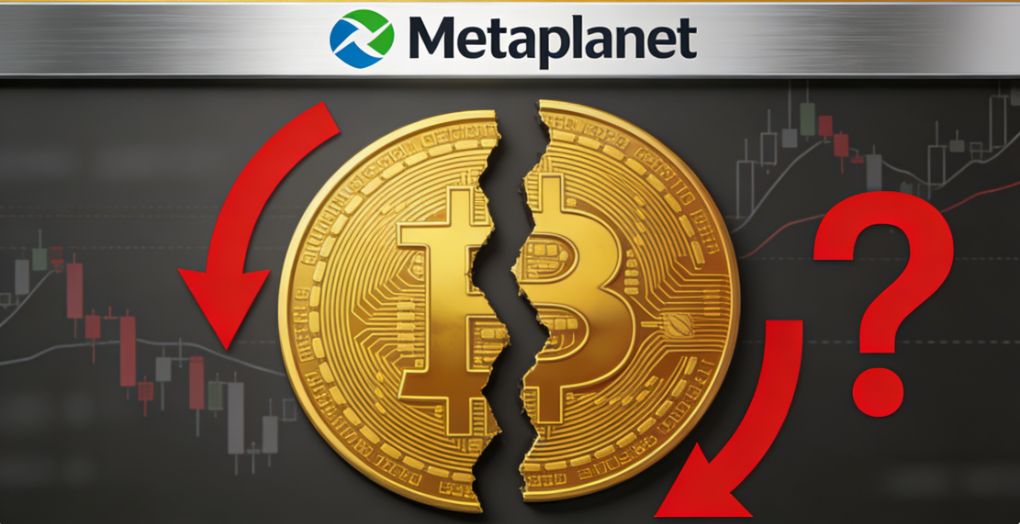News
Stay up to date on the latest crypto trends with our expert, in-depth coverage.


As the crypto market remains sluggish, industry leaders are pinning their hopes on investors from the UAE.




What have foreigners been most concerned about in the past 24 hours?

What has Hyperliquid experienced recently?

The conflict between Aave Labs and Aave DAO over front-end integration and fee attribution essentially questions a core issue: who should control and distribute the value created by the protocol.

Despite having a correlation as high as 0.9 with major crypto tokens, small-cap tokens have failed to provide any diversification value.

Since 2024, each interest rate hike by the Bank of Japan has been accompanied by a drop of more than 20% in the price of bitcoin.

The user's language patterns determine how much reasoning ability the model can demonstrate.